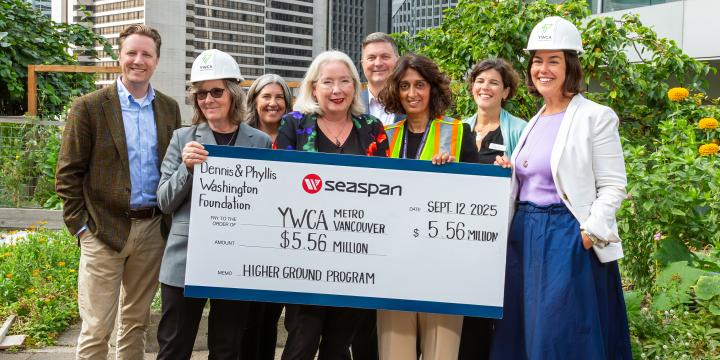
For most of us, job hunting, and interviews especially, can be stressful. We have long-held beliefs, or mindsets, that stress is bad for us and that we need to calm down to be at our best.
The truth is, stress isn’t necessarily bad, but your beliefs about stress can contribute significantly to how it affects your body, performance, recovery and growth.
Stress may not be as bad for you as we have been taught to believe
New research shows that by changing your mindset around stress, you can actually begin to experience it differently. Science is showing us that the way we think can even affect the amount of hormones released in the body.
The effect of hormones in the body is remarkable, and some stress hormones actually help you recover, create resilience, protect the heart, help your brain grow and motivate you to connect with your support network. The idea of “mind over matter” is becoming a proven reality.
Getting better at stress
Dr. Kelly McGonigal’s How to Make Stress Your Friend is an amazing TED talk that could help anyone who isn’t getting results out of thinking “stress is bad for me.”
Dr. McGonigal’s book called The Upside of Stress: Why Stress Is Good For You, and How To Get Good At It (2015) explains how stress on our bodies can have either negative or positive physiological effects, depending on our mindset. There are different kinds of stress, says McGonigal, and we can learn to choose which kind of stress response we will use. For instance, a “challenge response” is one where we have stress but don’t attach fear to it. Before a big game, high-performance athletes channel their stress into performance; you could do the same with a job interview.
The point, McGonigal argues, isn’t reducing or banishing stress; it’s about getting better at stress.
Challenge or threat
McGonigal suggests that there are a number of things we can do to transform our relationship with stress. Here are just a few of her suggestions, and how you can use them in a job interview:
View a job interview as a challenge, not a threat
Instead of seeing a job interview as a threatening experience, try, instead, to view it as a challenge. Feel assured that the physical responses of increased heart rate, sweating and nervousness is your body helping you rise to the challenge. Connect the stress to something meaningful in your life: “I’m doing this because it’s important for me to take care of my family,” for instance. Reframe the fear by telling yourself and others: “I’m really excited about this job interview. It means a lot to me and I want to do my very best because I have so much to offer them.”
Connecting with and helping others creates resilience
Reach out to your support system on a regular basis during stressful times in your job hunt. It can help you build resilience and connections. Helping others can also help create meaning and value while at the same time building your professional network and resumé.
Create meaning in the stories you tell yourself
Think back on an experience that was stressful but in which you persevered and learned something. What strengths did you draw upon to get through it? Who did you reach out to for help and how has that experience made you stronger? Draw on this knowledge to help you with a current stressful situation, knowing you have experienced tough stuff in the past and that what you feel in a job interview may be your body helping you overcome a challenge.
Final thoughts
Stress isn’t fun, but we now have a scientifically based roadmap that can truly help us transform our relationship to stress, instead of trying to get rid of it. Start exploring your relationship with stress and you, too, can be on the road to transforming job interviews into moments of resilience and growth.
For free employment programs and all things job search-related, visit our Help for Job Seekers page.

